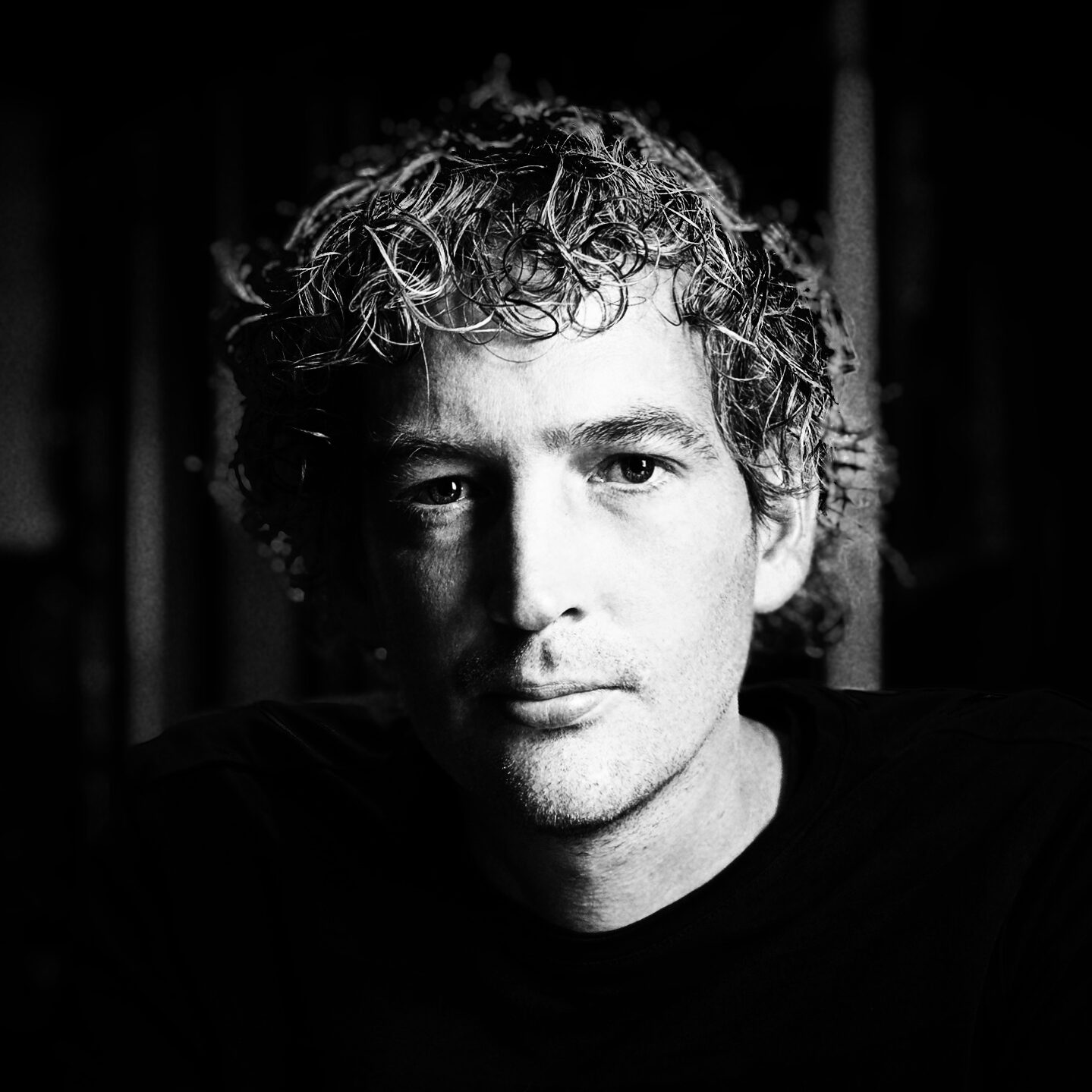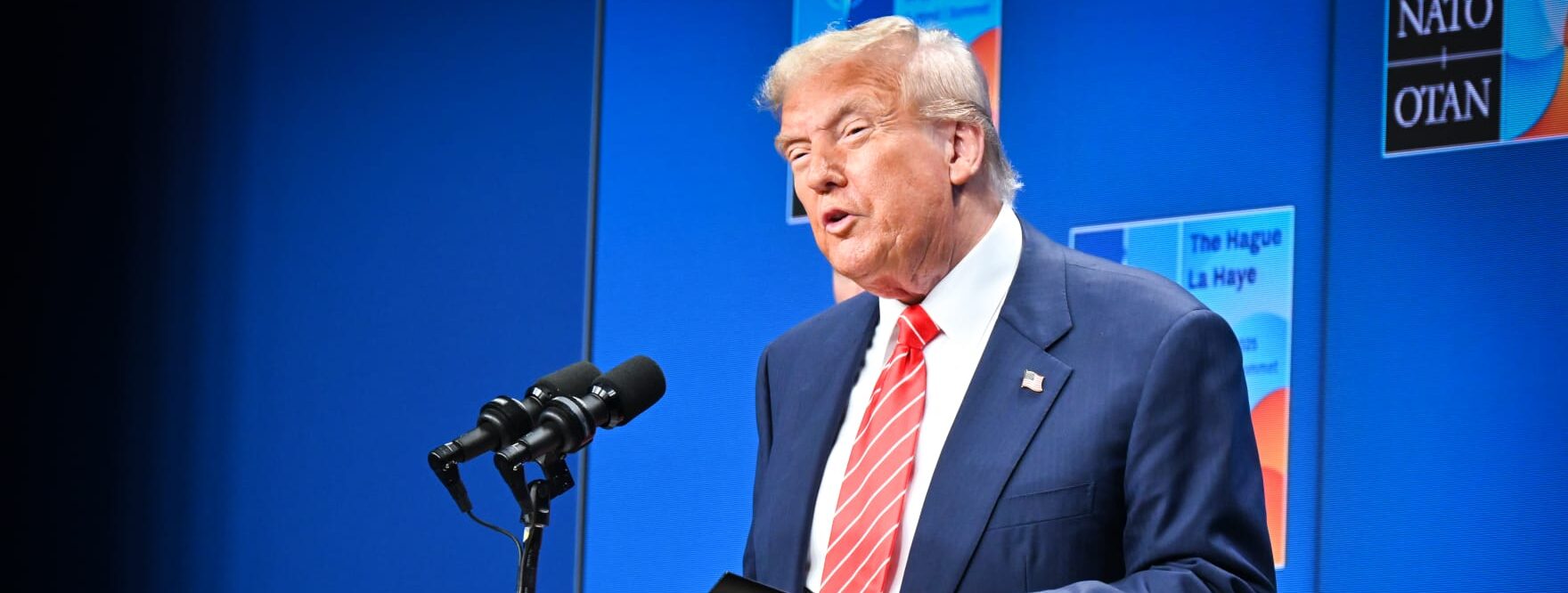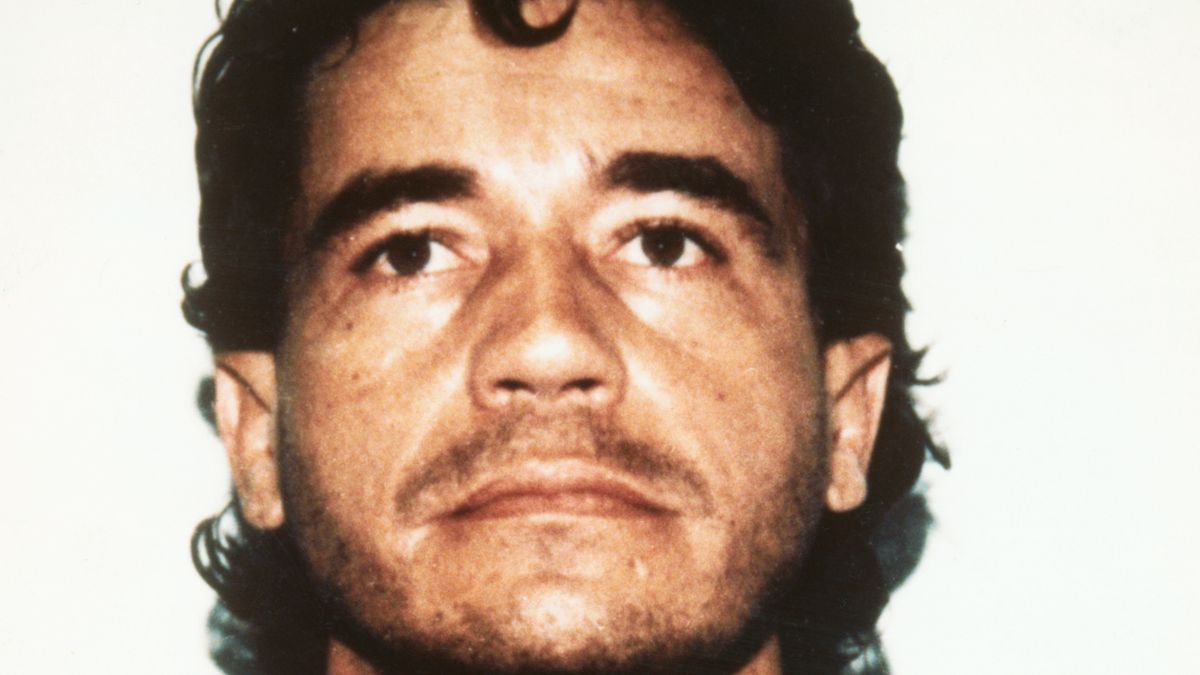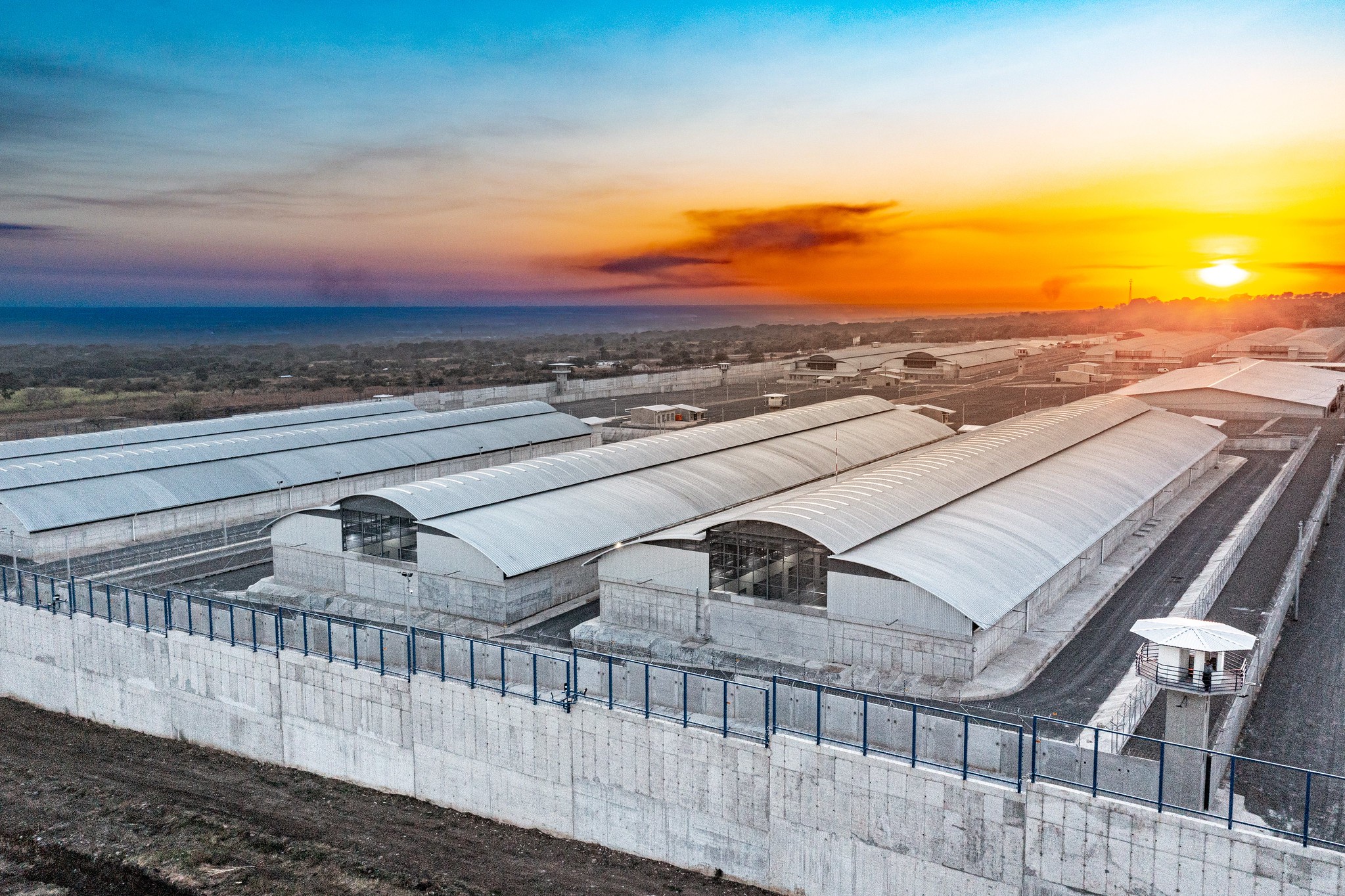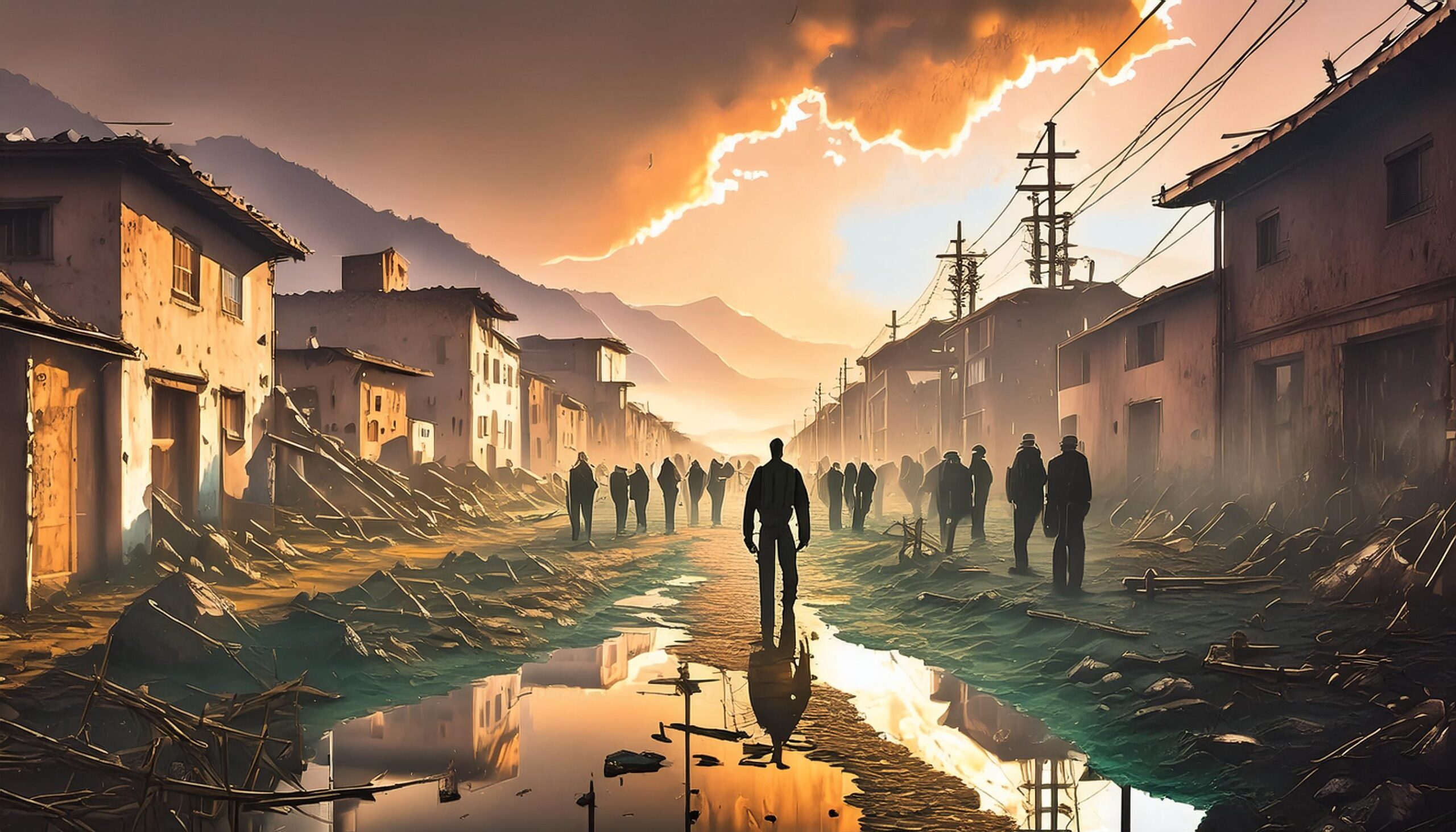Some of the bizarre events of recent weeks in Venezuela. Plus the week's tip for becoming a millionaire: "You have to buy when the blood is flowing through the streets," Lionel Walter de Rothschildt said.

Image: Michel Baljet
Venezuela is in a severe economic crisis. President Maduro was trying to find funding from allies during a world tour as the minimum wage drops to 25 euros a month and popular pressure increases on the streets. Rapidly rising prices of products and increasing shortages now rule the day. While the world looks the other way, the government in Venezuela is making its political choices like a cornered cat. One result is that since a few days you can become a millionaire for just over five thousand euros.
The judge who was arrested
Last Wednesday, Judge Ali Fabricio Paredes was arrested. Judge Paredes had a day earlier sentenced drug lord Walid "The Turk" Makled to 14 years in prison.
Judge Paredes is charged that he was "too lenient" in his ruling against Makled. The drug lord was previously arrested in Colombia. Both the United States and Venezuela had requested his extradition. This ran high politically because Makled had indicated he would release names of high-ranking Venezuelan military personnel involved in his drug trade. Ultimately, Makled was extradited to Venezuela and sentenced there last week....
This was not the first time a judge has been arrested in Venezuela. In 2009, Judge Maria Lourdes was Afiuni arrested. Subtle detail is that it was precisely Judge Paredes who handled the case against Afiuni. She was released in mid-2013 but the charges against Afiuni formally still stand today.
Critics say that since the current government took office, there has never been a ruling against it.
A coup d'etat foiled
Last Thursday, Venezuela's government said it managed to stop a coup d'etat before it took place. President Maduro said more than 11 people - including military personnel - were involved in the attempted coup. Opposition leaders were also said to be involved in the coup, according to Parliament Speaker Cabello.
According to sources from state television station Telesur the plan was directed from the United States, supported by the U.S. government and paid for in U.S. dollars. Telesur states that part of the coup was to bomb a number of tactical targets, including their studio and the presidential palace in Miraflores. In addition, several individuals, including President Maduro, had to be assassinated. A transitional government was reportedly already in place.
Factual substantiation has not been provided to date.
'Who is going to overthrow a government that has already fallen on its own merits due to its own mistakes?' responds opposition leader Jesús Torrealba (MUD) on the allegation. On behalf of the U.S. State Department, spokeswoman Jen Psaki "These latest allegations, like all such previous allegations, are ridiculous.
This is not the first time President Maduro has said he has stopped an assassination attempt or a coup. In the little under two years since he took office, it is said to have happened 16 times. That is six fewer times than his predecessor Hugo Chavez has said he prevented a coup or assassination attempt in his 14 years as president of Venezuela.
Use of deadly force against protesters legalized
By adopting a resolution as of Jan. 27 this year, it is legal to use deadly force, including firearms, against protesters. Defense Minister Vladimir Padrino Lopez says the rules have been tightened because of the violence during three months of protests last year.
Early last year, many people revolted against the government. During these demonstrations, thousands of people were arrested, many were injured and at least 43 people died. The new resolution led to many protests, especially online.
Rocio San Miguel of Control Ciudadano called the rules "dangerous, vague and controversial. Venezuelan ombudsman Tarek Williams Saab, on the other hand, said the new rules were "very clear about the progressive and distinguishable forms of violence" and that the new rules were there "to protect rights and human rights in demonstrations. During protests in Venezuela last week, many photos appeared on Twitter allegedly showing the use of firearms against protesters.
With military guard standing in line for milk
Venezuela depends on imports for 85%. Due to the major economic crisis, there is a growing shortage of almost everything, including staples such as milk, flour and sugar. As a result, queues for supermarkets are growing and people stand in line for hours and sometimes days hoping to get some groceries. Military personnel keep watch and determine the order of the queue. They number the arms of those waiting in an effort to maintain control.
Pregnant women also sometimes spend hours in the waiting line, with dire consequences. For example, recently a 36-week pregnant woman in Maracaibo was reported to have a miscarriage have had. There have also been cases where people rent a newborn child from others in hopes of getting priority.
The wait is not for everyone, and several options then arise to avoid the queue.
Enterprising Venezuelans permanently queue up and then resell the products to order or on the streets. A "professional waiting line mafia," President Maduro believes. He called the conduct "outrageous" , saying they are trying to make a lot of money on the backs of "his people."
'Every day I get up at 2:00 in the morning and call my friends to know where they are and see what products I will buy to resell,' Krisbell Villarroel (22) says by AFP. 'My clients are people who don't have time or need to stand in a queue. They are entrepreneurs, have their own lives and enough money to pay someone to do that.' Kribell earns between 600 and 1,200 bolivars (2/5 euros) a day standing in line, which is more than a university graduate.
Recently, many cities have banned queuing at night already, and people can only queue - depending on the last number on their identity card - on certain days. Due to mounting irritations, fights regularly occur in the queues.
After shopping for groceries, the problems for shoppers do not end. Regularly they are robbed of their groceries and personal belongings robbed by local gangs.
Companies nationalized, owners in jail
In recent weeks, President Maduro has had several private companies taken over by the military and nationalized, including the nearly 100-year-old family-owned Farmatoda and supermarket chain Dia a Dia. The owners and managers of both companies were arrested during the seizure.
Maduro accuses the owners of Dia a Dia of withholding food and charges them with "destabilizing the economy and attempting to overthrow the government. 'They are waging war against my people,' Maduro said during the seizure of Dia a Dia. According to Luis Viloria, a professor of economics at the University of Zulia, there is no question of Dia a Dia's non-compliance. "The transportation and sale of food is already controlled step by step by the government. This is just a way to divert people's attention from the country's real problems.'
Dia a Dia shows in a statement express their disagreement with the government's choice
'Our chain does not stock more than for 3 days. We transport 197 tons of food per day. (...) We followed all the rules. We are young, honest, professional and hard working people. We stand with our heads up, we want to continue to grow and offer our valuable service to the poor every day, efficiently and according to the law. Just as we have done for the past 10 years.'
Maduro argues that the "right-wing owners" of Dia a Dia are deliberately making "shopping for the people a nightmare. Maduro promised in his speech to arrest all similar business owners.
Meanwhile, military personnel guard Dia a Dia stores.
According to Diego Moya-Ocampos, an analyst at IHS global insight, the government has begun preparing for a social explosion. "They are trying to channel all social discontent against the private sector.
On Twitter begging for medicine
Not only in basic commodities are there major shortages in Venezuela. Medical care is also suffering from the economic crisis and rapidly declining imports from Venezuela. Queues are also occurring at drugstores. Hospitals are also in trouble because of these shortages.
"There is a 60 percent shortage of essential medicines in Caracas, this rises to 70 percent in other places in Venezuela," said Freddy Ceballos of Federación Farmacéutica. Last December, it was revealed that the government was $4 billion in debt to international pharmaceutical companies.
Hundreds of people are now begging daily via twitter under the hastag #ServicioPublico for medicines, but these tweets often go unanswered. The government let it be known in a statement that "it is strictly forbidden for patients and their families to bring medicines or medical supplies for their treatment, even if hospitals do not have the necessary supplies. However, there are also stories where patients are instead asked to bring their own materials such as gauze, needles and gloves, otherwise treatment was impossible.
'I feel we are living in a dictatorship. At the beginning I believed in Chavez, now I wouldn't look at him. He's in the best place you can be right now.' Thus Jose Perez (53) referring to President Hugo Chavez who died of cancer just under two years ago. Jose's wife had died a few days before this statement because he could no longer find a prosthetic artery for her surgery.
At the University Hospital of Caracas, the beds in the cardiac department are empty. Patients have been sent home. 'We can't do anything more,' said surgeon Ruben Salse. 'We have no more catheters and no anesthetic agents, our patients are dying, and we are powerless,' he explained in an interview to the Volkskrant.
"The government does nothing to solve this problem, not even palliative care," said Antonio Orlando, the president of the Venezuelan Association of Distributors for Medical and Dental Care.
For 5,000 euros you are a "Bolivar millionaire"
Venezuela has several exchange rate systems; in recent years they have been revamped several times. In addition to the official exchange rate (of 6.3 bolivar for 1 dollar), there is also the black market. Changing dollars on the black market yielded 30 times more than the rate set by the government. By law, only the government in Venezuela may deal in dollars.
Last week, the government released a new and third exchange rate system called SIMADI (freely translated: Marginal Currency System) introduced. According to Finance Minister Rodolfo Marco, "a system for legal trading based on supply and demand. The opening price of SIMADI was just above 170 bolivars for $1 on the first day of trading and rose to 174 bolivars per dollar within a business day. This while the government continues to charge the rate of 6.3 bolivars to the dollar for food and medicine imports.
The change is likely to result in billions in write-offs by foreign companies in Venezuela, including General Motors. An estimated 40 of the U.S. companies present in Venezuela have combined assets of 11 billion bolivars. Until the introduction of SIMADI, that was between $0.9 billion and $1.7 billion converted. As of last week, these assets are only worth around $6.4 million. Conversely, it means that each dollar imported is worth 174 bolivars, and for 5,000 euros one can credit around 1 million bolivars to his or her account.
That million in bolivars can get you far. You can fly to the other side of the country for about 900 bolivars, have your car filled up for 4 bolivars, employ a butler or gardener for about 5000 bolivars a month and a beer will cost you 20 bolivars. But millionaire life in Venezuela is not about roses, every day there is a new challenge.

